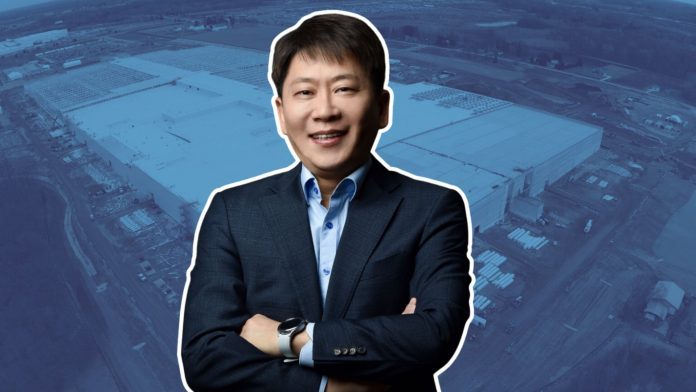LG Energy Solution will acquire General Motors’ full stake in their joint battery plant in Lansing, Michigan, for approximately $2.08 billion. The deal, set to close by May 31, positions LG Energy to strengthen its U.S. battery production and secure supply commitments for Toyota Motor.
The acquisition of the Ultium Cells No. 3 plant allows LG Energy to consolidate its manufacturing operations while reducing the need for fresh investments in new facilities. The company emphasized that the purchase aligns with its annual capital expenditure plan and will not require additional funding.
GM’s decision to sell its stake comes as the automaker scales back its electric vehicle expansion amid slowing EV sales and policy uncertainties under the Trump administration. In December, GM confirmed its intention to exit the Michigan plant while maintaining joint ventures with LG Energy in Ohio and Tennessee.
With this acquisition, LG Energy is expected to produce batteries for Toyota, fulfilling a 10-year agreement signed in 2023. The contract includes supplying 20 gigawatt-hours of NCMA (nickel, cobalt, manganese, and aluminum) battery modules annually—enough to power approximately 200,000 high-performance electric vehicles.
Earlier this year, LG Energy announced plans to cut facility investments by 20-30% from its 2023 budget of $8.8 billion. The company indicated that the final transaction cost for the Lansing plant could be lower than the estimated $2 billion following due diligence.
Toyota has confirmed that it will shift its battery orders to the Lansing facility once the ownership transition is complete. This move further solidifies LG Energy’s position as a key battery supplier in the evolving U.S. EV market.




